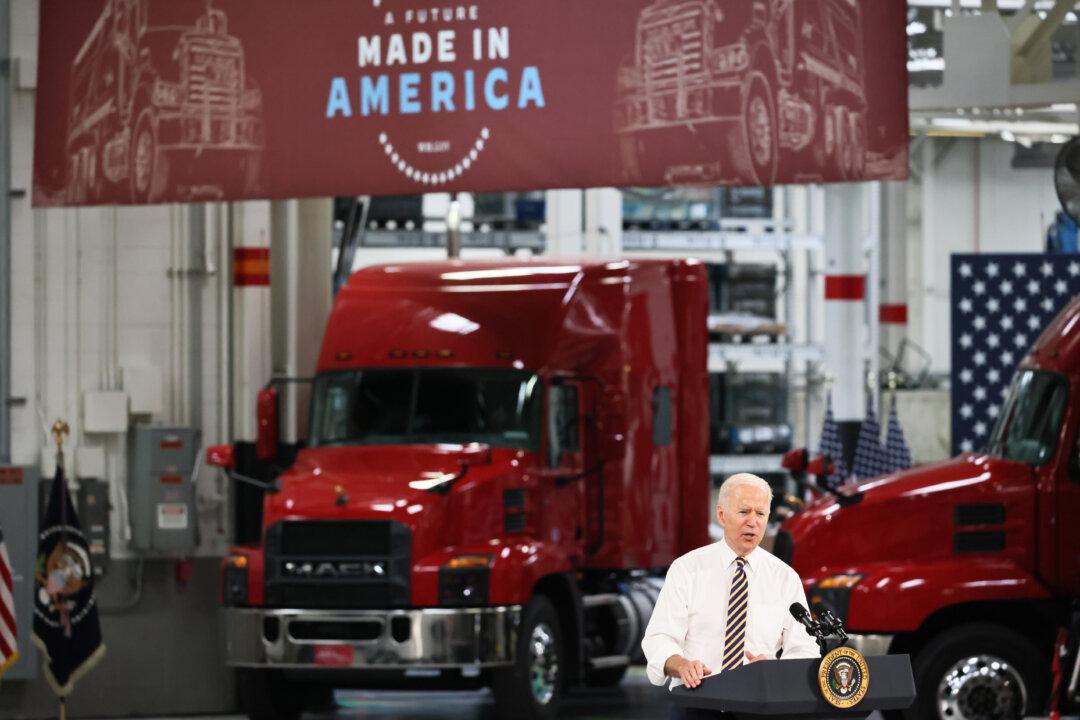American workers’ real average hourly and weekly seasonally adjusted earnings fell 1 percent from May to June, according to the U.S. Bureau of Labor Statistics on July 13.
Though many workers are receiving larger paychecks in the middle of a tight labor market, rising prices are adding pressure to their finances due to inflation outpacing employee wage gains.
Inflation has accelerated to an extremely high 9.1 percent for the 12 months ending in June—the highest level since the early 1980s, according to the latest numbers from the Consumer Price Index on July 13.High gas prices, which are up 59.9 percent, according to the index, have encouraged many employees to work from home and is also taking a chunk out of regular salaries.





